The still young Republic of Montenegro is famous for its natural treasures, attracting more and more tourists: According to the World Travel & Tourism Council, the tourism sector was accounting for 25 percent of economic output in 2021. Reconciling this with conservation is one of the biggest tasks of rangers in Montenegro.
Like Mićan Kasalica: Together with his partners, rangers Lukas Schmidt and ERF President Urs Reif from Black Forest National Park in Germany, he explains why a national ranger association and the European ranger network is needed to tackle major issues like these.
Mićan, how do rangers in Montenegro work? What are their main tasks and challenges?
Mićan: Although I am not officially a ranger, but an employee for the maintenance of the infrastructure in Durmitor National Park, due to the lack of rangers, me and my colleagues step in to fill the gaps. There are 13 regular rangers, but quite a few of them are older and no longer able to cover the area as a ranger should. Especially since we lack official vehicles or other equipment to control the entire area of the national park. This is particularly problematic because the biggest threat to nature are poachers and the illegal construction of houses or hotels. We are 20 people who actually work on the ground. But because we do all the work in the national park, not just the ranger work, and don’t have proper gear it’s quite a challenge to counter these threats. Also because we are suffering from the ever-increasing numbers of tourists, which are officially welcomed as the main source of income. The result is that the national park, which is supposed to be a protected area, is no longer protected.
How are rangers in Montenegro trained for their work?
Mićan: To become a licensed ranger, you have to complete a one-month training course. It’s the same as for security staff in banks or other institutions – no special ranger training. How you work as a ranger depends mainly on colleagues who show you around. Almost all practical knowledge comes from their experience. As the government is not aware of the importance of ranger work, we have to improvise. Through my contact with Lukas, I learned that there is even a college for rangers in Germany. There is nothing like that in Montenegro, not even close. Yet this is exactly what we need most: good training and, of course, a stable administrative institution to support it. Rangers in Western Europe not only protect the areas from poachers. Thanks to their training, they can also monitor animal species, their numbers, the quality of their genetic pool. And they make an elaborate proposal on how to act with regard to these species. Whereas rangers in Montenegro are overwhelmed with protecting the national park from human influences.
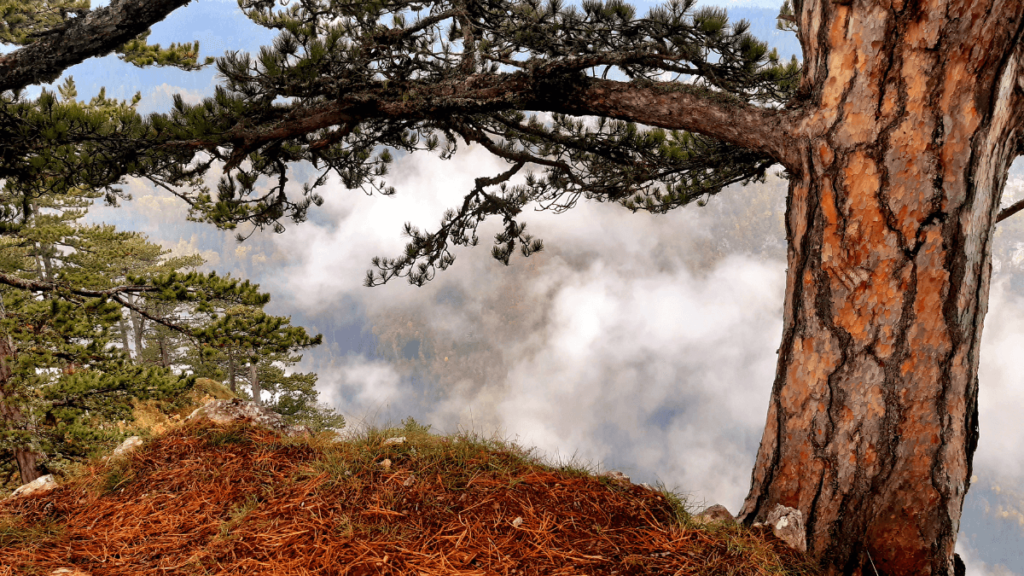
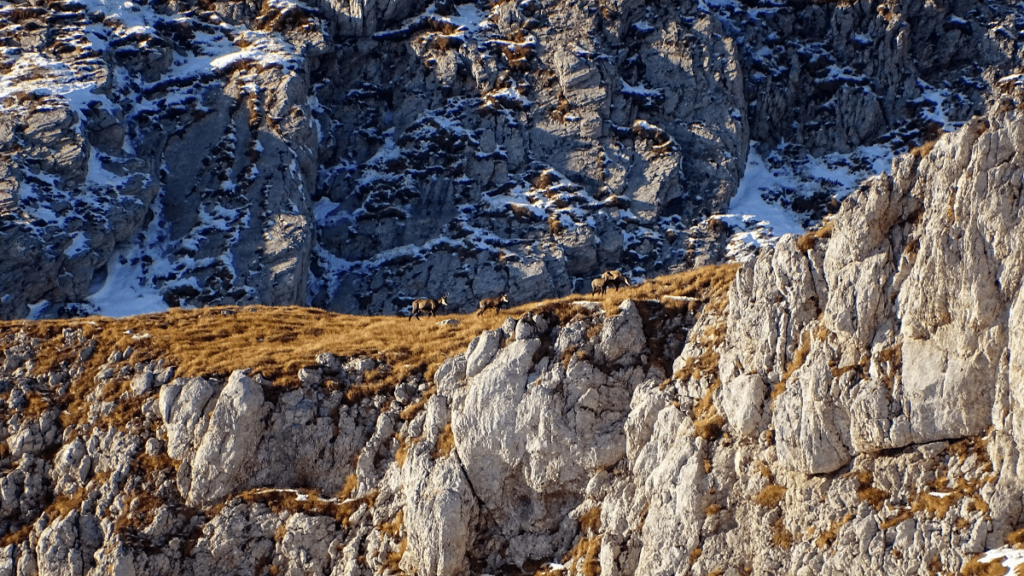
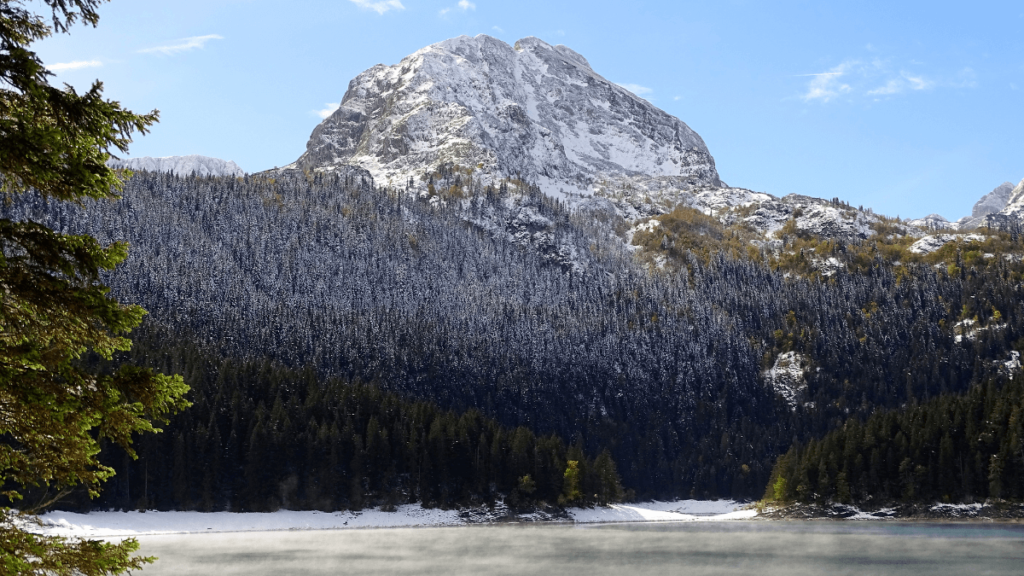
With all efforts against human influence: Are your conservation efforts recognised?
Mićan: Rangers in Montenegro are subordinate to the government and get the lowest pay. For this reason, we are not a respected profession among the public. Raising the level of education and training would significantly improve the public’s personal experience with rangers. Currently, most rangers have chosen this profession because no one else has applied for it. However, if we were to increase the requirements to be a ranger and the pay, it would lead to a proper appreciation of the profession. Most citizens do not understand how important the work of rangers is. We have lots of mountains, forests and rivers, they think it’s like that all over the world. People who protect nature are therefore rather seen as ecological hardliners who are holding back progress. When we inform people about violations of the national park rules, they often don’t take the rangers’ word seriously.
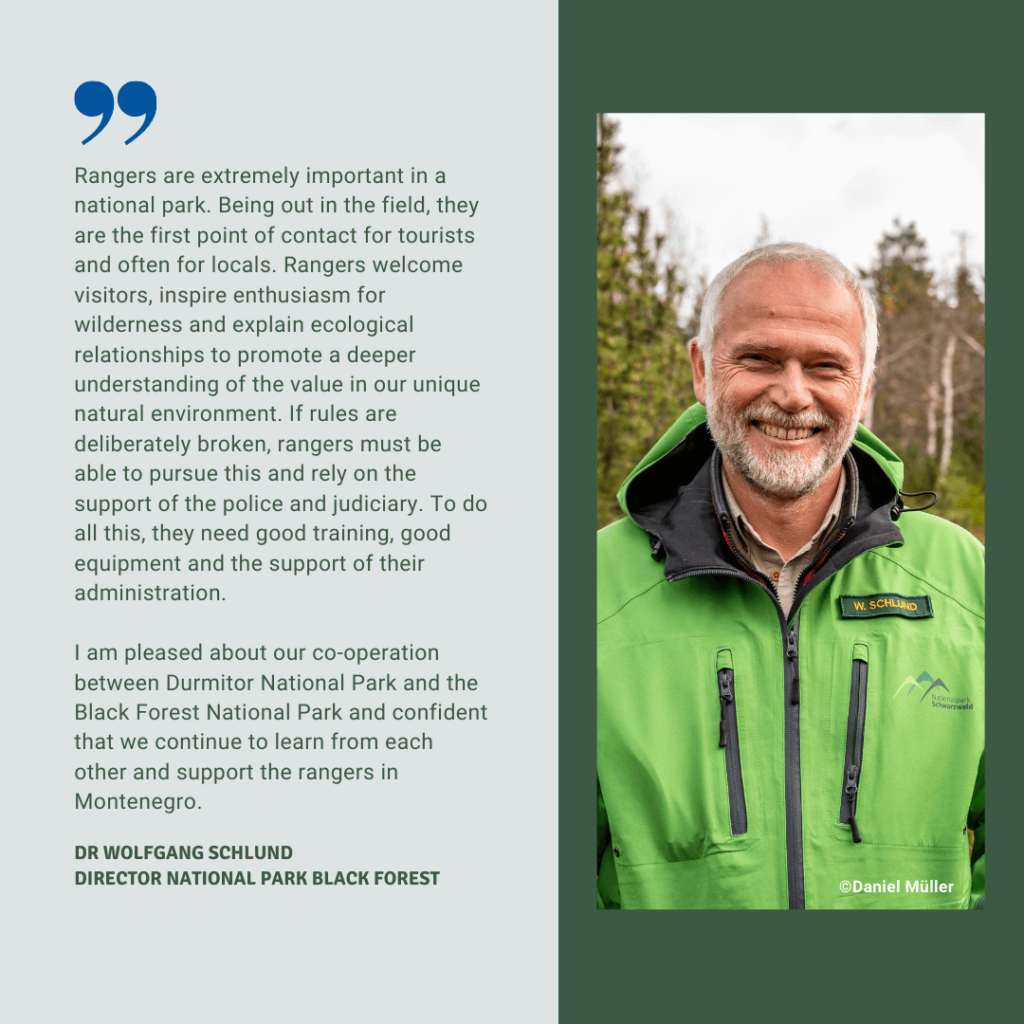
Lukas, one of the aims of the partnership between your national park and Durmitor National Park is certainly to strengthen the importance of nature conservation there. How did the cooperation come about?
Lukas: As of 2020, we have an official partnership between our national parks, which is based on an idea by our national park director Wolfgang Schlund. I was the third person from our national park to travel to Montenegro in 2017. So my job was to establish the first contact from ranger to ranger before the partnership was officially established. The idea was to bring it to life. As we rangers already have an international network such as the European Ranger Federation or personal contacts with rangers from other countries, this was an easy task.
How can you help each other in this partnership?
Lukas: Montenegro distinguishes between rangers who mainly carry out maintenance work and rangers who have completed training at the police academy and are considered ” full” rangers. I also think that this training is too little, but at least it’s something. But there is hardly any ecological education program in the protected areas. What is offered is done by biologists mainly for schools during summer vacations. Everyone else who enters the park pays an entrance fee and then has to do everything themselves. I could imagine that many international tourists would welcome a kind of ranger tour to learn about the ecological features of the national park. And I have heard from the head office in Podgorica that they want to start an educational program to meet these needs. I think that’s something we could support as a partner with our experience in environmental education.
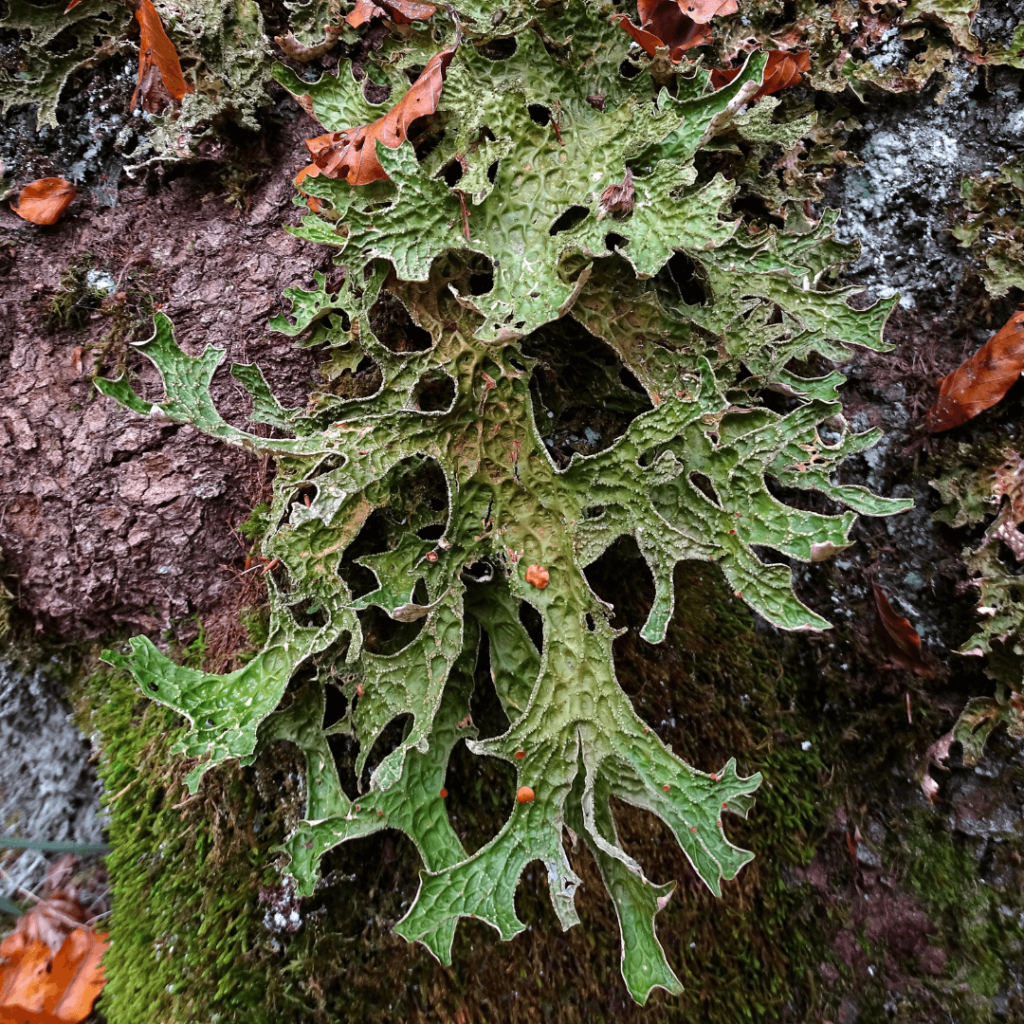
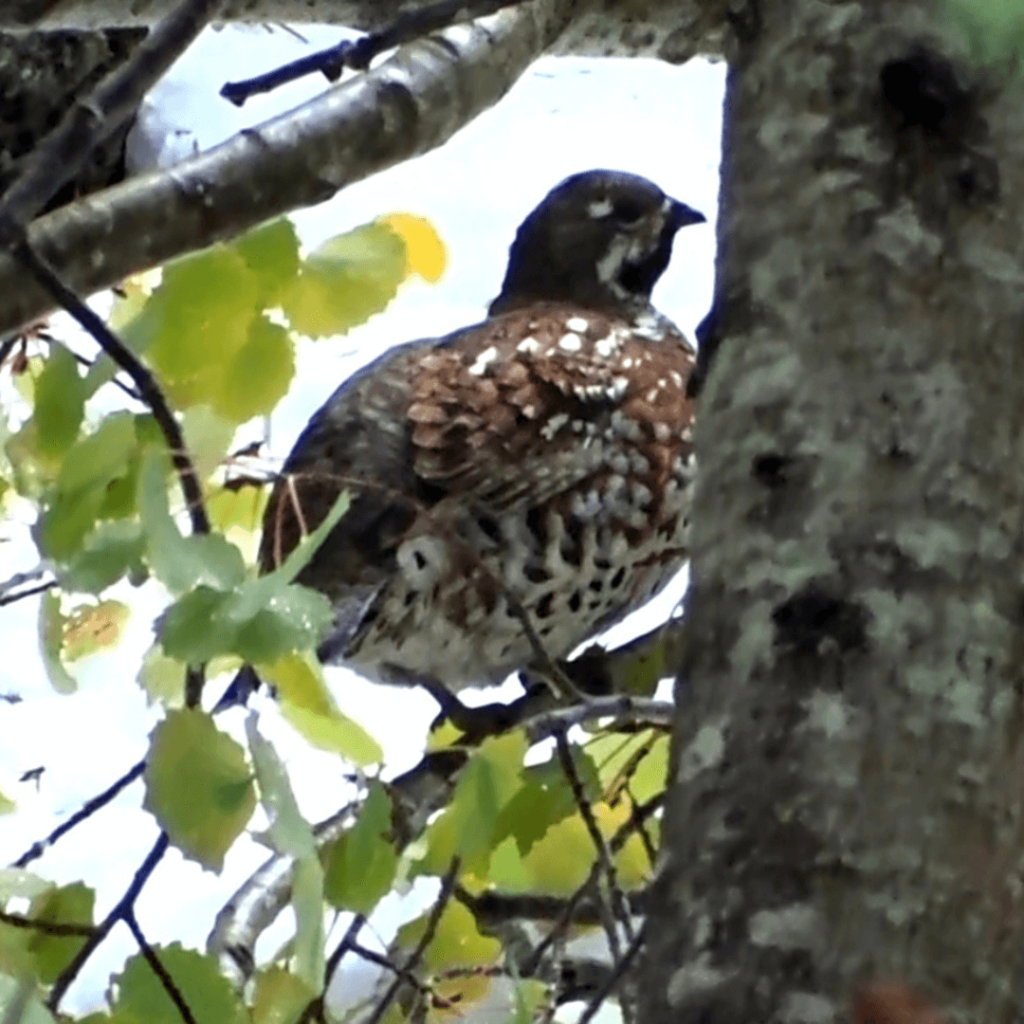
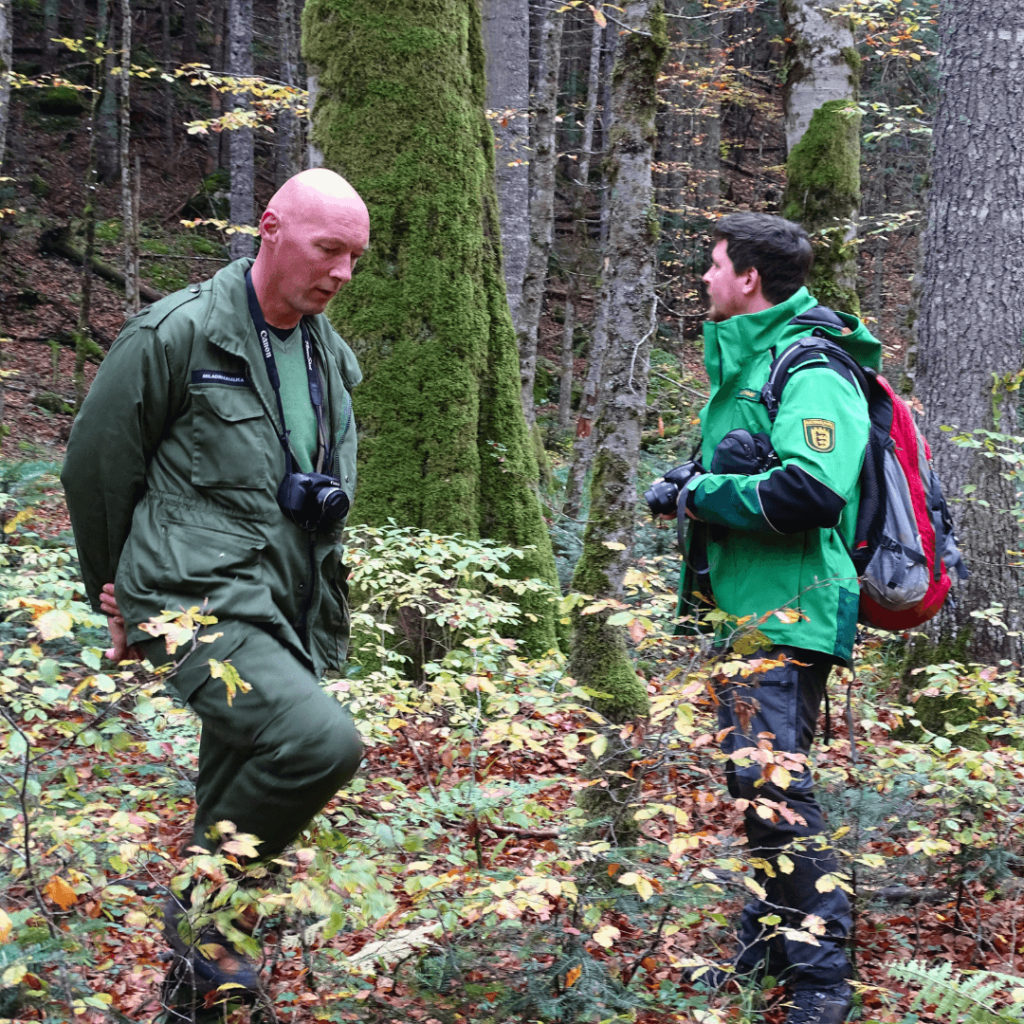

Conversely, what I learned in Montenegro is that we still have far too much infrastructure. Most of Black Forest National Park used to be managed forest. I saw some of the extinct species of our region in the forests of Durmitor National Park, for example a Hazel grouse next to the hiking trail. It was like seeing a ghost. Its habitat is still connected there, where we have too many roads and paths. And that’s something Mićan and his colleagues are working on: protecting the area from mass tourism and new infrastructure. A topic that I am now trying to push even more at home.
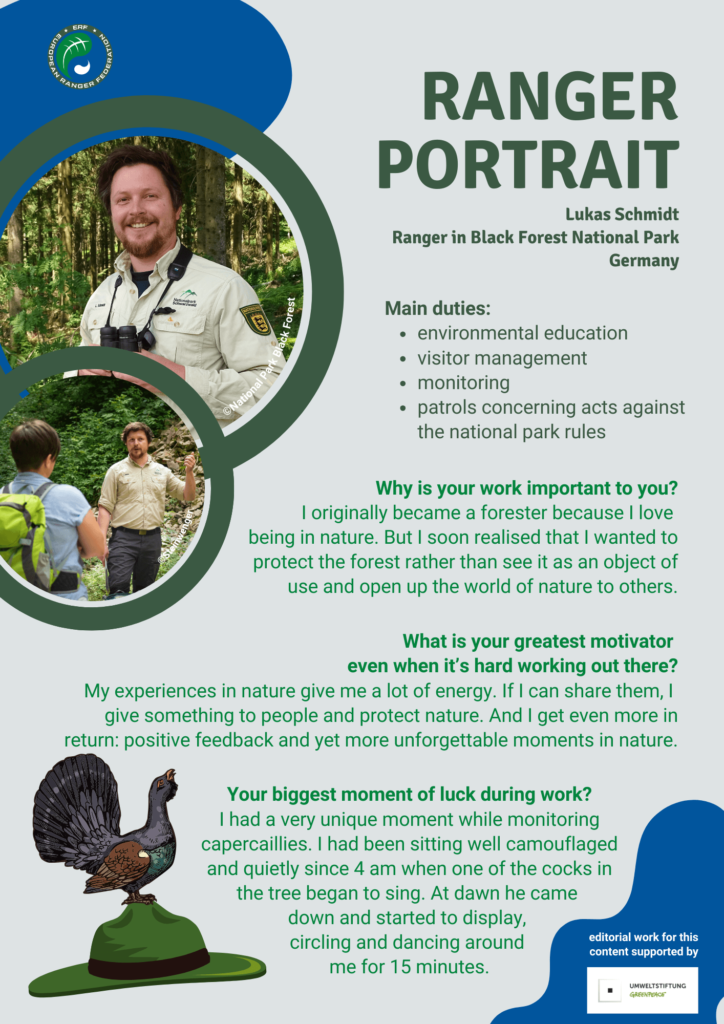
Another topic of your partnership is the idea of establishing a ranger association in Montenegro. What are the needs for this?
Mićan: The aim of an association is to provide proper education and training to at least do the actual study of the flora and fauna. This is also not covered by biologists, as there are too few of them to cover the area even in weather conditions such as months with snow blanket. We need more people who can make a contribution in this area. Therefore, redefining the status of rangers in Montenegro is of utmost importance. Political instability and very limited resources are currently also limiting the quality of staff.
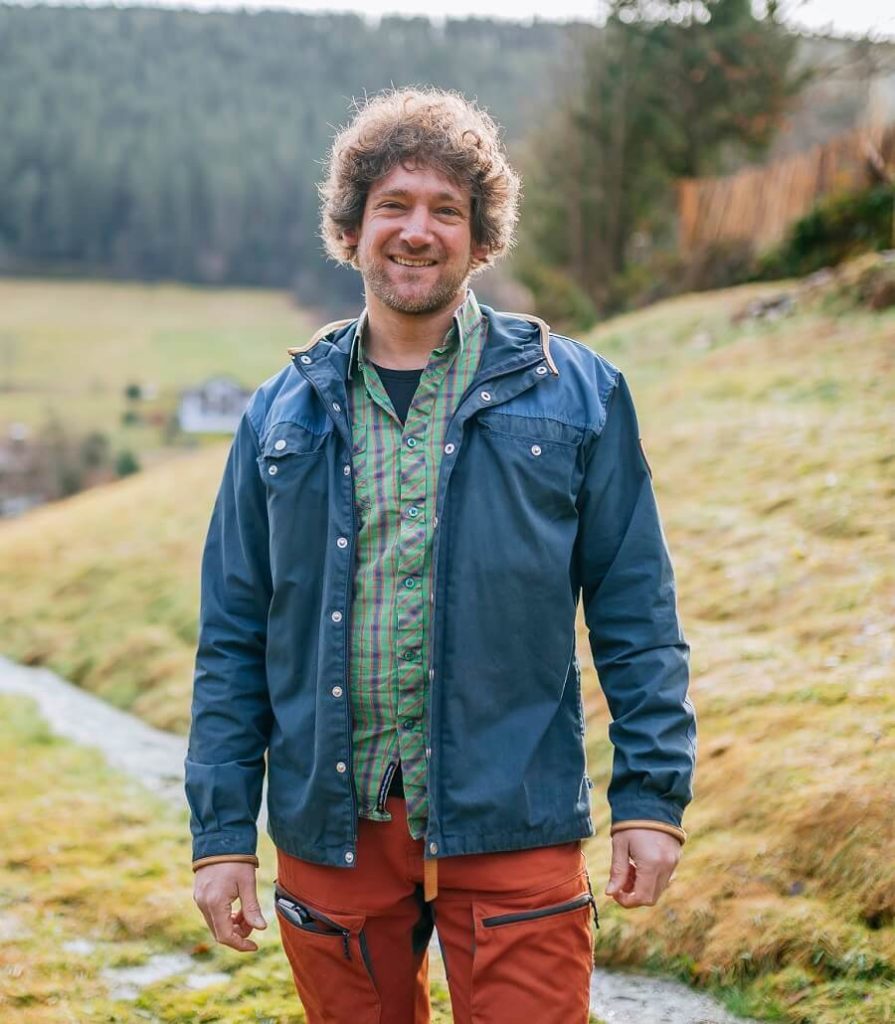
“Integrating rangers from Montenegro into the ERF’s European network saves a lot of money and energy. We have so much international ranger knowledge and training that rangers from Montenegro could benefit from.“
Urs Reif, President of the European Ranger Federation, ©Archiv Umweltakademie
What is the role of the ERF in the establishment of a Montenegrin ranger association?
Urs: Involving the rangers of Montenegro in the European family is a good option to participate in our training and exchange formats, e.g. the anti-poaching training that we offer in cooperation with the highly experienced Israeli rangers or other offers to share ranger knowledge. It will be much easier to give the rangers of Montenegro access to all the information, training and offers of the ERF if they have an association, because the offer is aimed at our members who are associations. So we are here to stay in touch with them and give all the support they need when they are thinking about and maybe taking the first steps towards establishing an association.
Mićan: Establishing an association would allow us to become part of a larger organisation such as the European Ranger Federation. This increases our chance of being heard. We can’t shout loud enough, as we would if the ERF were shouting along. There are ranger associations in Serbia or Croatia, Balkan countries and similar to us. So it could be a possibility to use the foundation of these associations as a template for the rangers in Montenegro and adapt it.
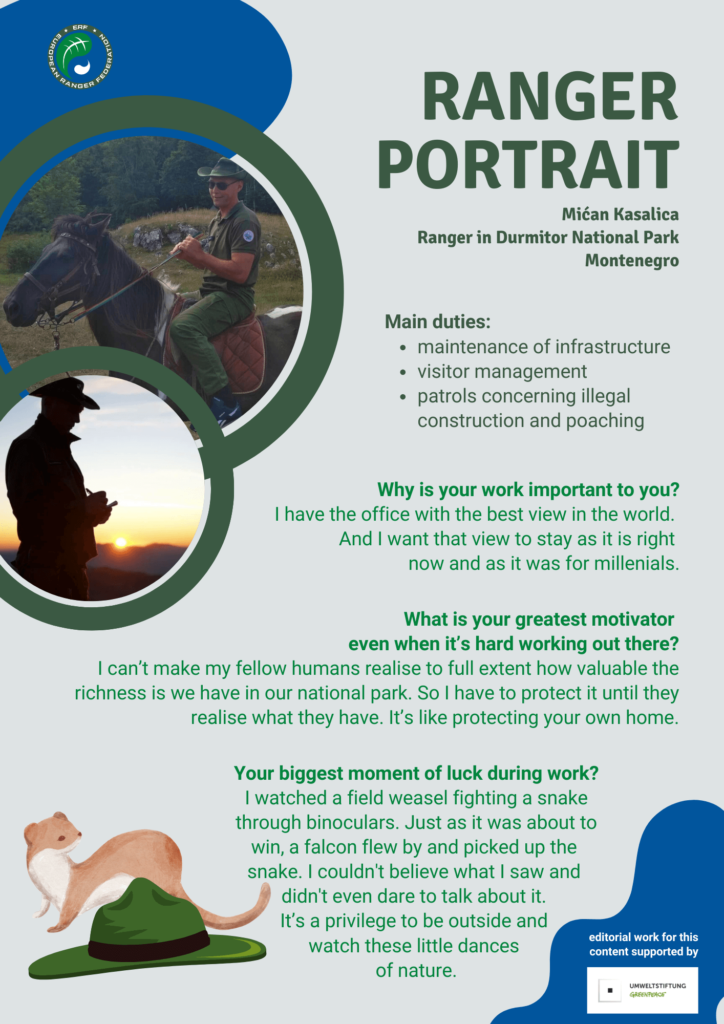
A ranger association as a basis for ranger exchange: How do you achieve official support for this?
Mićan: As there are many highly migratory species in Montenegro, an association would actually connect the habitats and thus effectively protect these species. It would take the administrations of the protected areas far too much time to coordinate the measures. But if we could link the rangers together, we would have an immediate practical response on the ground. So far, I am not aware of any format where rangers from all over the country meet and exchange ideas. With an official association, we would have an excuse to hold at least an annual meeting where the presence of ranger representatives from all parks would be required to exchange contacts, experiences, ideas and needs.
Urs: The officials need to know that with a ranger network like the Balkan network, the network in Montenegro and the European network of ERF, they save a lot of money and energy. There is so much knowledge and training available here that they can simply send the rangers from Montenegro to an ERF training course, for example. It’s very cheap, very professional, and the rangers can exchange ideas with rangers from abroad on the same topics. And the officials can explain that the rangers are well trained without having to do all the training themselves.
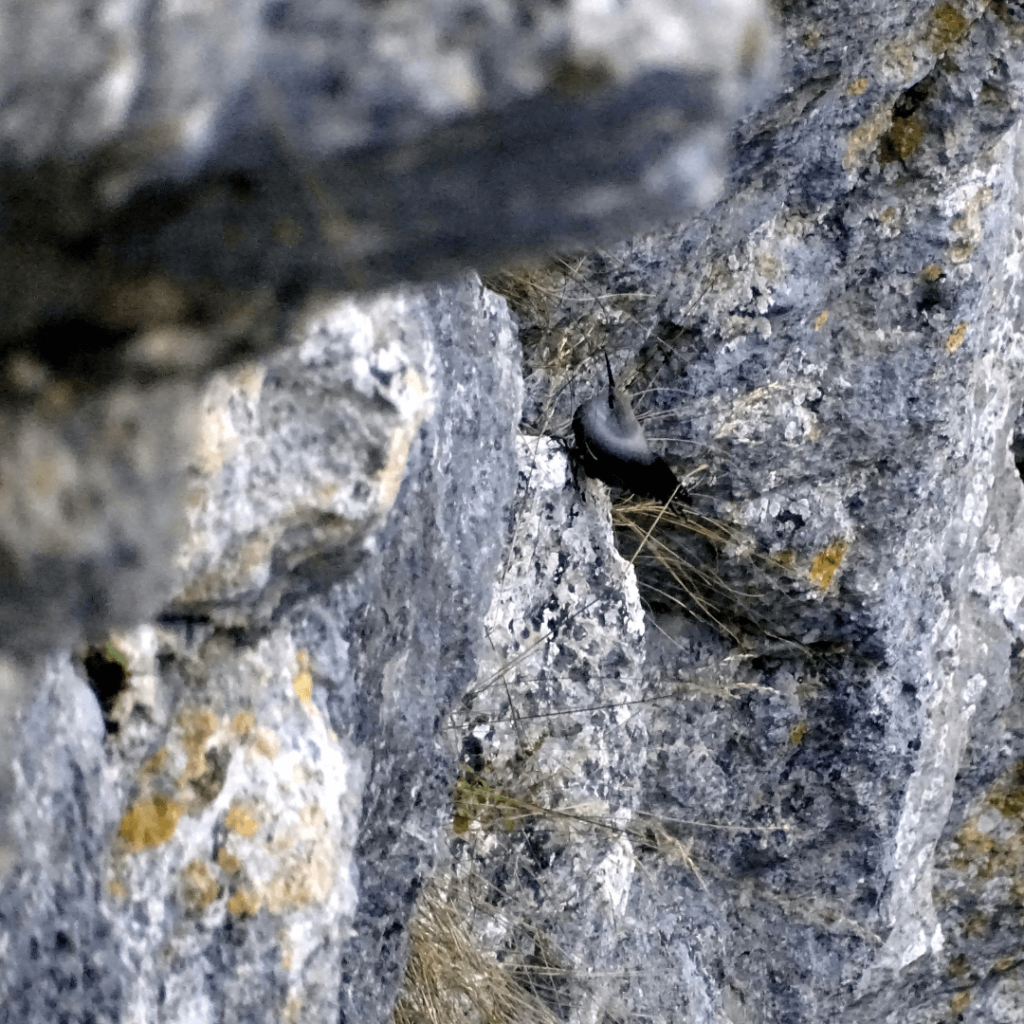
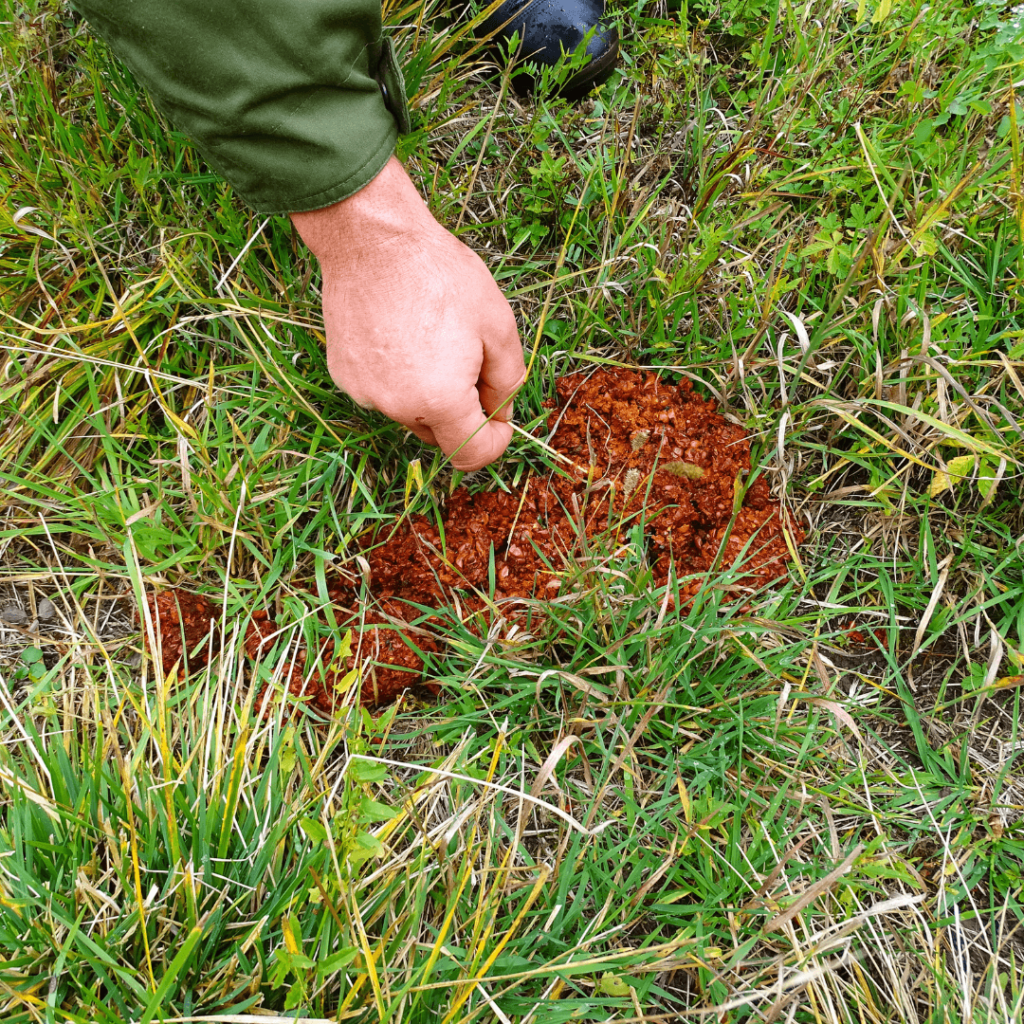
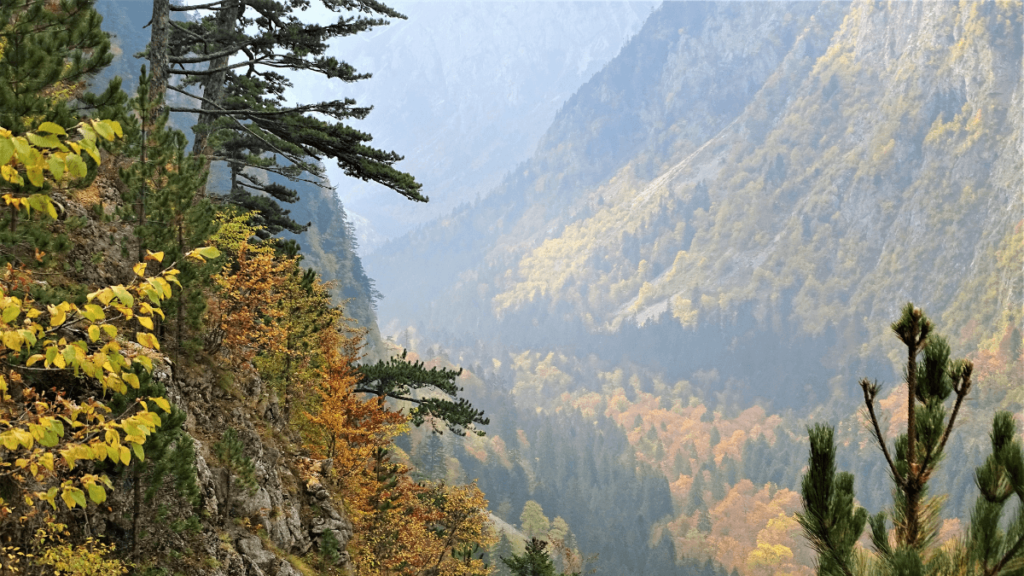
editorial work for this
content is supported by


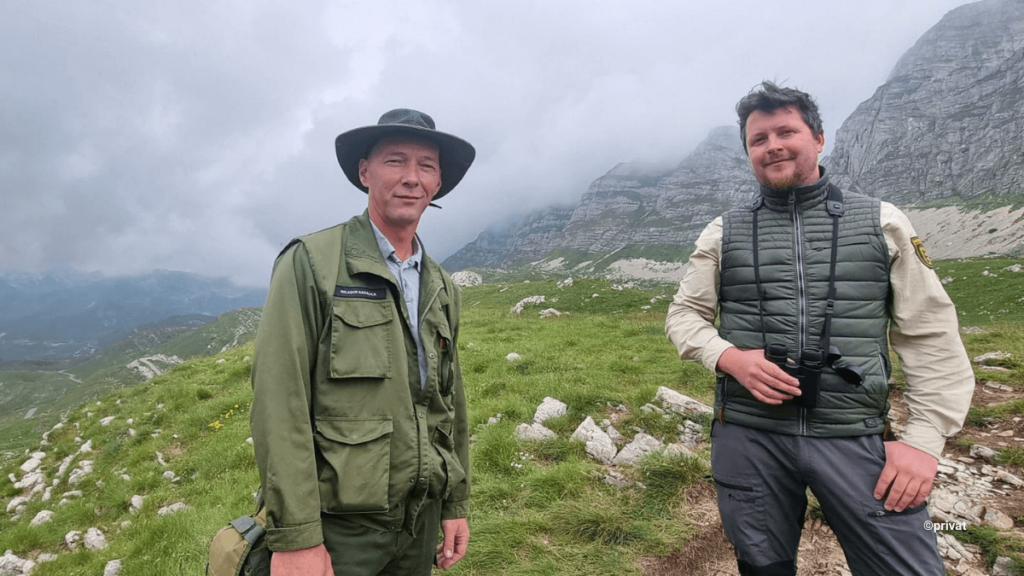
One thought on ““We can’t shout loud enough”: How rangers connect to protect Montenegro’s natural treasures”
Comments are closed.